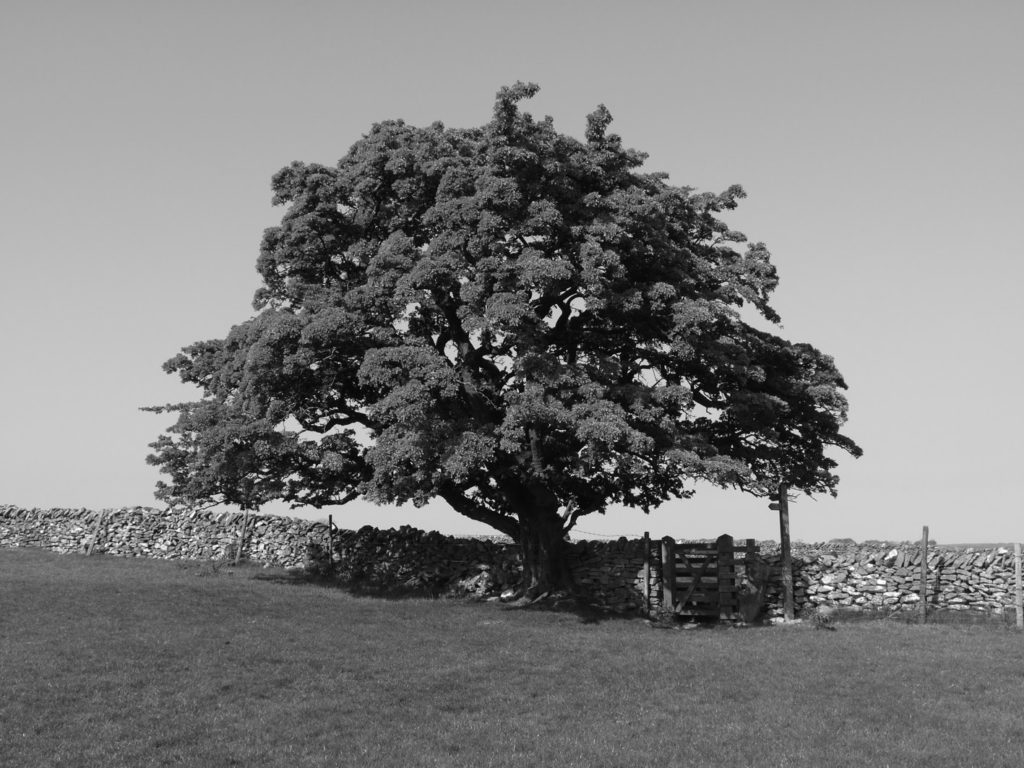Today if you will listen to his voice
 This final part of the psalm presumes an ongoing conversation between the LORD and his people, between the LORD and each person who will hear him. This is the conversation which began in the story of the Garden of Eden as the LORD God walked in the garden in the cool of the evening. It continued in the call of Abraham and the friendship of Moses. It continues in the call of the prophets. It is focussed in the person of Jesus, who is God’s living word to us and who enters daily into dialogue and conversation with the Father. It continues in the gift of the Spirit to the Church, the Holy Spirit who comes to lead us into all truth. It endures through each generation in the prayers and reflection and dialogue of the Church. The great conversation will continue in heaven at the marriage feast of the lamb, in the great banquet in the City of God.
This final part of the psalm presumes an ongoing conversation between the LORD and his people, between the LORD and each person who will hear him. This is the conversation which began in the story of the Garden of Eden as the LORD God walked in the garden in the cool of the evening. It continued in the call of Abraham and the friendship of Moses. It continues in the call of the prophets. It is focussed in the person of Jesus, who is God’s living word to us and who enters daily into dialogue and conversation with the Father. It continues in the gift of the Spirit to the Church, the Holy Spirit who comes to lead us into all truth. It endures through each generation in the prayers and reflection and dialogue of the Church. The great conversation will continue in heaven at the marriage feast of the lamb, in the great banquet in the City of God.
To pray the psalm is to step into this ancient conversation: to long to hear God’s voice, God’s living word today. To pray the psalm is also to find help in our listening.
We believe by faith that God is with us at all times. His Spirit dwells in our hearts through faith. Christ has promised to be present when only two or three are together.
But certain things are required in order to listen to his voice. Even though God is with us, we need to come into his presence with thanksgiving. Praise and worship is a stepping stone to stillness. And then there is the expectant hush: the quietness in which we come to hear God’s voice on the pages of the scripture, in the quietness of our hearts.
The Voice is a (semi-)popular television series in which four celebrity judges look for a new singing talent. At its best, the Voice emphasizes the beauty and the emotion which can be carried by a human voice.
But the voice of God in scripture is different. Sometimes the voice of God is loud and powerful, like thunder in the mountains (see Psalm 29). But most often, the voice of God is found not in earthquake, wind or fire (as in I Kings 20) but in the still small voice of calm, speaking within, speaking life to the weary.
Listen to his life giving voice today.
This post is one of a series of daily reflections on Psalm 95 in January, at the start of the Diocese of Sheffield Centenary Year







